From high school science to cleaning your dirty clothes and dishes, enzymes are causing a little stir in the beauty industry. Keep reading to find out exactly what enzymes are and what they can do for your hair and skin.

By Tara Young
Amidst a sea of effective ingredients and transformational formulations housed in pretty packaging, one natural ingredient has quietly worked its way from the lab to the kitchen sink to our bathroom cabinets: Enzymes.
These biological catalysts, once relegated within the textbooks of science, have found their way into the beauty industry, offering a wide range of benefits that have probably revolutionized your hair and skincare routine without you even thinking twice about it.
Enzymes are specialized proteins that accelerate chemical reactions within living organisms, without being consumed in the process. In hair care, enzymes are carefully selected and incorporated into products to target specific concerns such as an oily scalp, and improve hair's overall health and appearance. Moving down to your face, Enzymes help to support the cell renewal process that our skin already does naturally. Enzymes dissolve the ‘glue’ holding together dead skin cells on the surface of the skin, shifting them and making way for fresh, new cells to come through, also known as exfoliation.
Where are Enzymes sourced?
Enzymes used in haircare and skincare products are typically sourced from natural origins. The selection of the source depends on the specific enzyme required and its intended function in the product. Here are some common sources for enzymes in haircare and skincare.
PLANTS:
Papain, an enzyme used for exfoliation in skincare, is obtained from papaya fruit. Bromelain, another exfoliating enzyme, comes from pineapples. These fruit-based enzymes are known for their gentle yet effective exfoliating properties.
MICROORGANISMS
Enzymes can be produced by microorganisms like bacteria and fungi. Examples include proteases, lipases, and cellulases. Microbial enzymes are often used for various functions in both haircare and skincare products due to their versatility and efficiency.
ENZYME EXTRACTS
Some enzymes are extracted from natural sources through various methods. For instance, enzymes like coenzyme Q10 (CoQ10) or superoxide dismutase (SOD) can be extracted from tissues like yeast or bacteria and then used in skincare products for their antioxidant properties.
PLANT FERMENTATION
Enzymes can be obtained through the fermentation of plant material. Plant extracts are fermented by microorganisms to release enzymes naturally present in the plants. This process enhances the activity and concentration of the enzymes, making them suitable for skincare and haircare products.
THE BENEFITS
Repairing and Strengthening Hair
Enzymes have a transformative role in repairing and strengthening your locks. Hair, like skin, can become damaged due to heat styling, environmental aggressors, and chemical treatments. Enzymes like keratinases are hair heroes, breaking down damaged keratin proteins and promoting the formation of healthier ones. The result? Stronger, more resilient hair that's less prone to breakage.
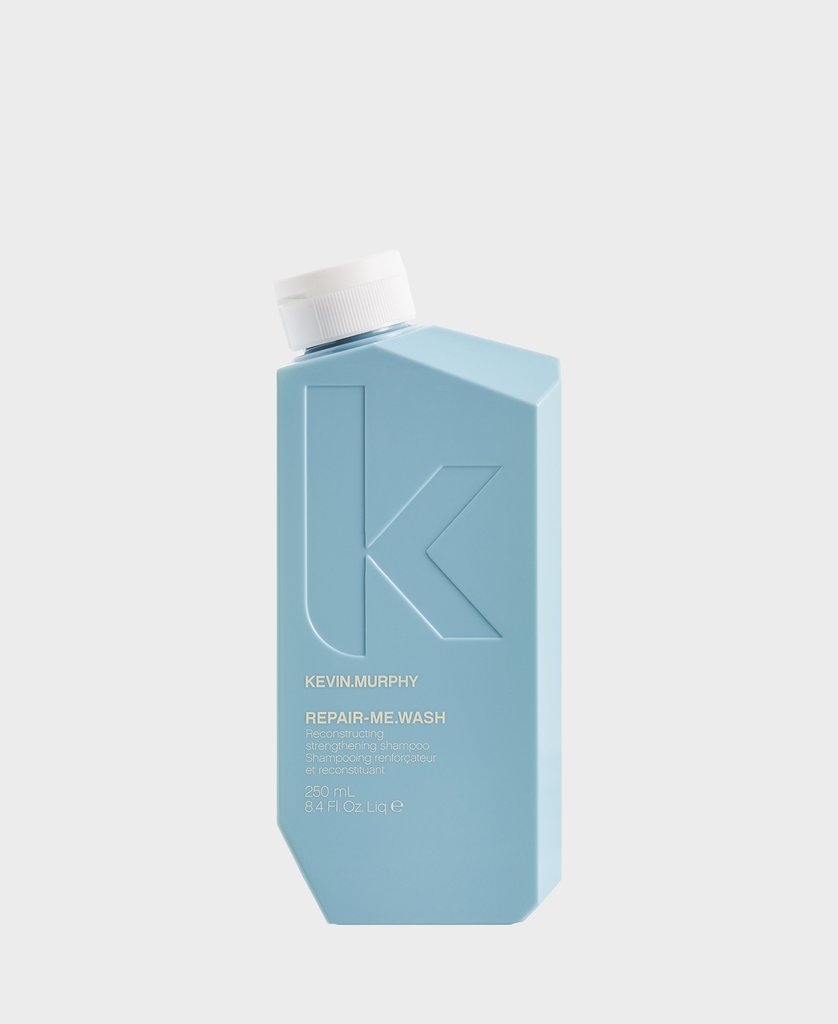
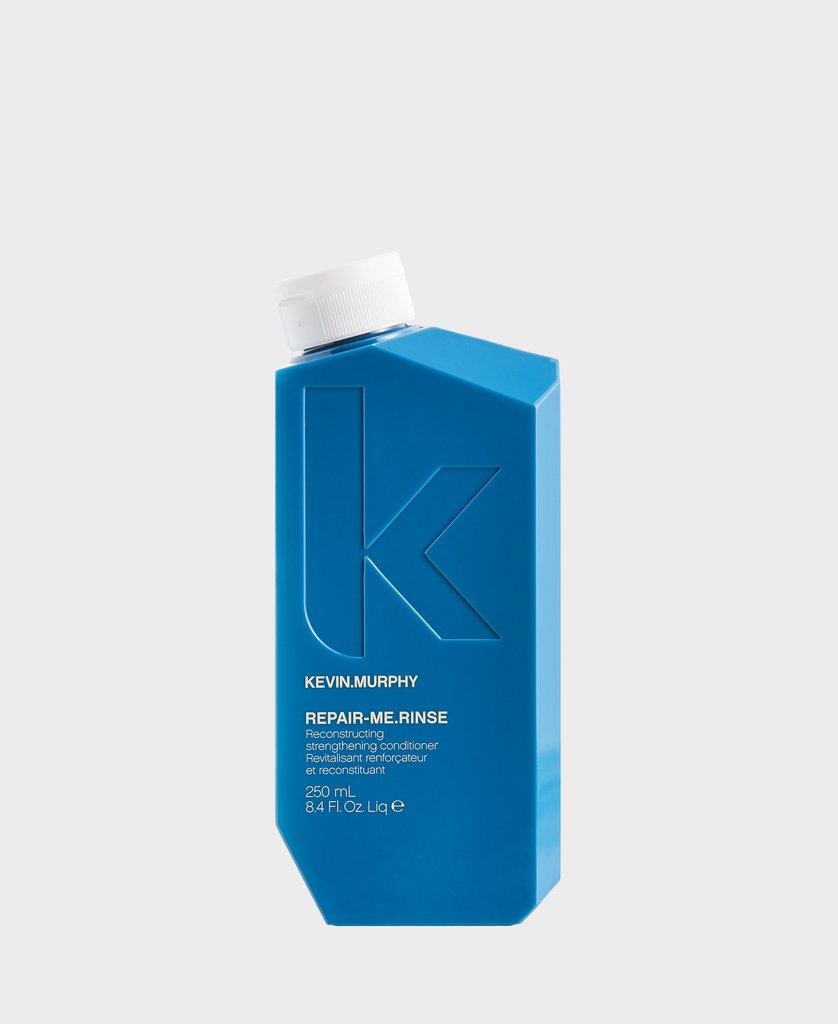
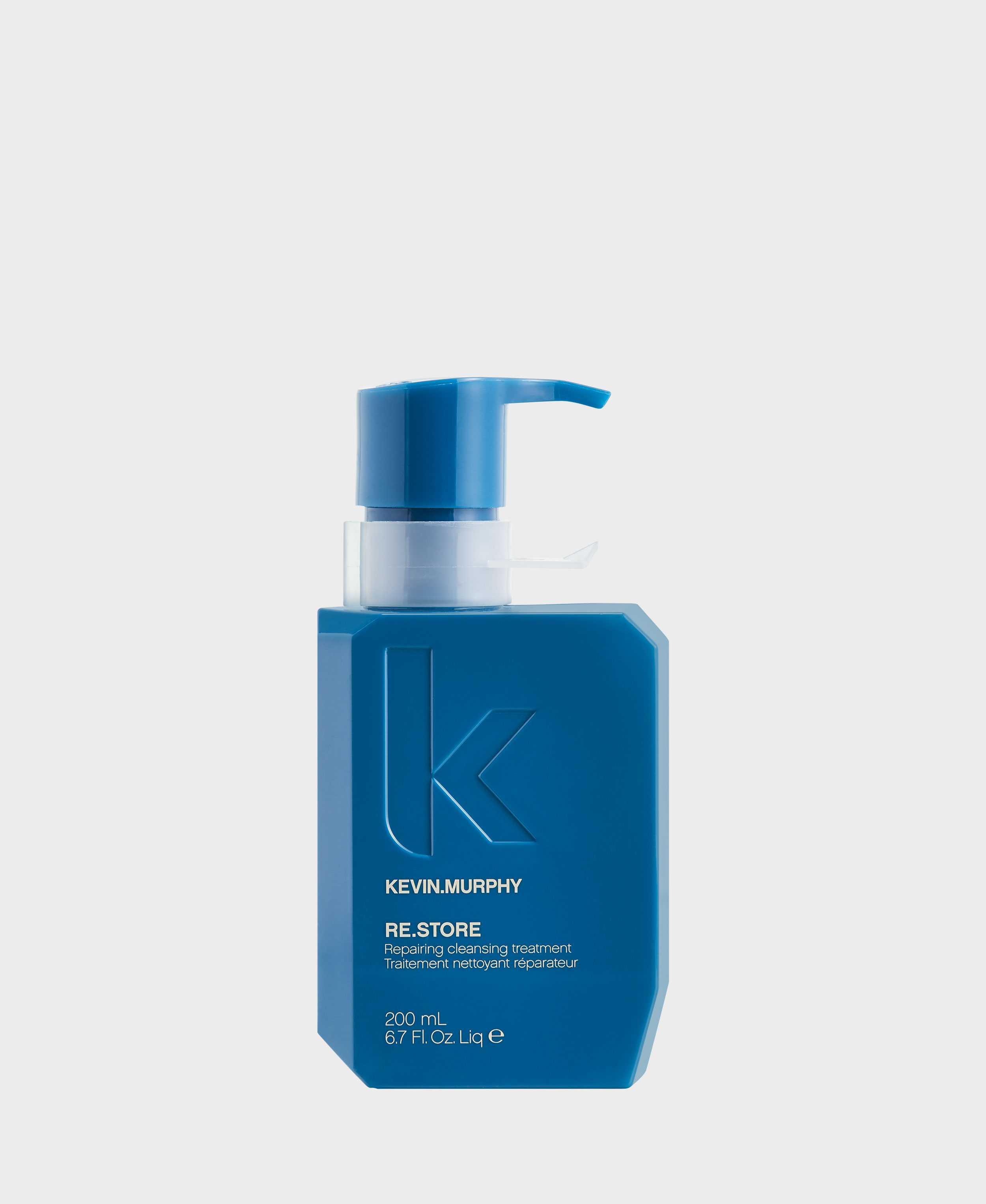
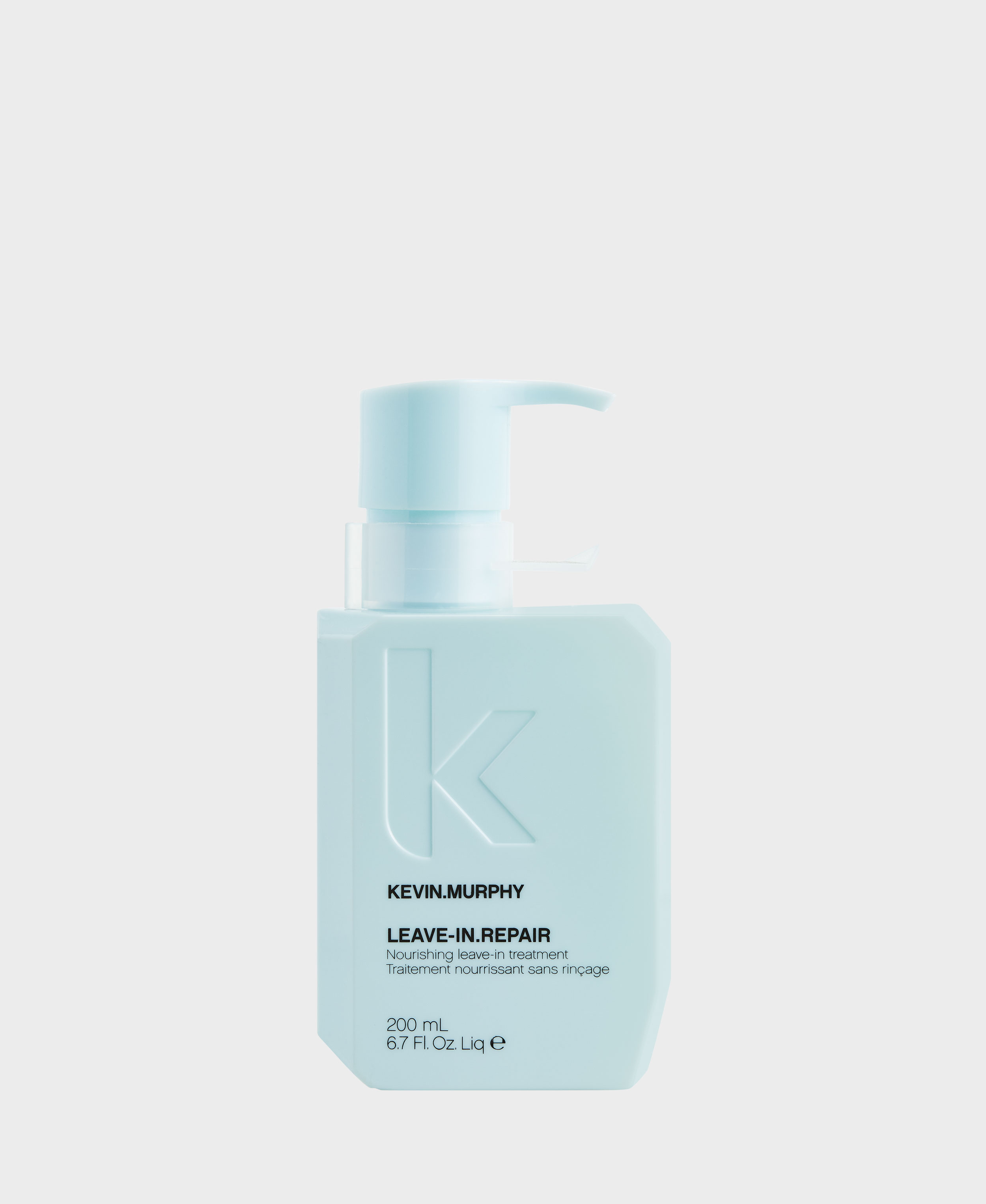
Hair Colour Hero
Did you know that Enzymes are a key player in your colour service? In oxidative hair dyes, enzymes like peroxidases assist in the formation of colour molecules. This ensures that your vibrant hair shades are long-lasting and fade-resistant, making your colour easier to maintain.
Balancing Oily Scalps and Scalp Health
Just as enzymes can help with skin concerns, they can also address common scalp issues. Lipases, for instance, break down excess oils on the scalp, making them a valuable addition to products for oily scalps. A healthy scalp equals lush hair, and enzymes play an important role in achieving this balance.
Gentle Exfoliation for Glowing Skin
Enzymes offer a gentle alternative to harsh physical exfoliants or chemical peels. Papain and bromelain, derived from papaya and pineapple, respectively, are enzymes often used in skincare. These enzymes work to break down the bonds that hold dead skin cells together, allowing them to be sloughed away more easily. The result is smoother, more radiant skin without the risk of abrasion.
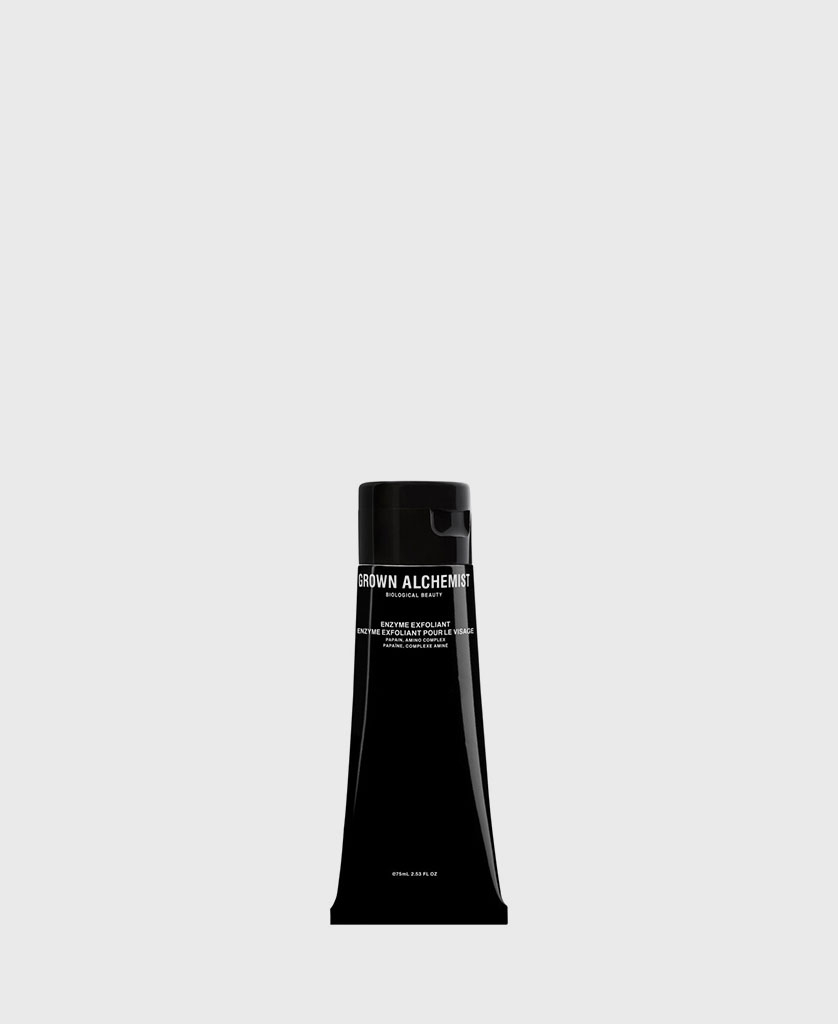
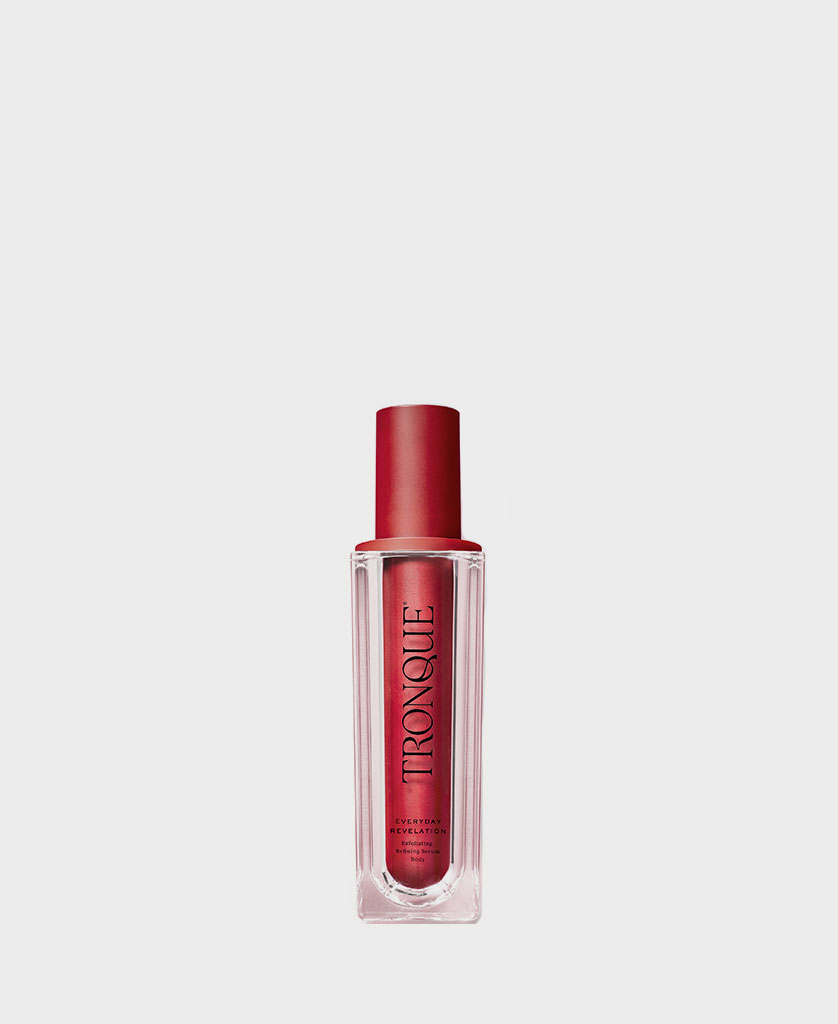
Deep Cleansing and Unclogging Pores
Enzymes, such as proteases, break down the buildup of sebum, dirt, and dead skin cells that contribute to clogged pores. In cleansers and masks, enzymes provide a deep and thorough cleanse, leaving your skin feeling refreshed and rejuvenated.
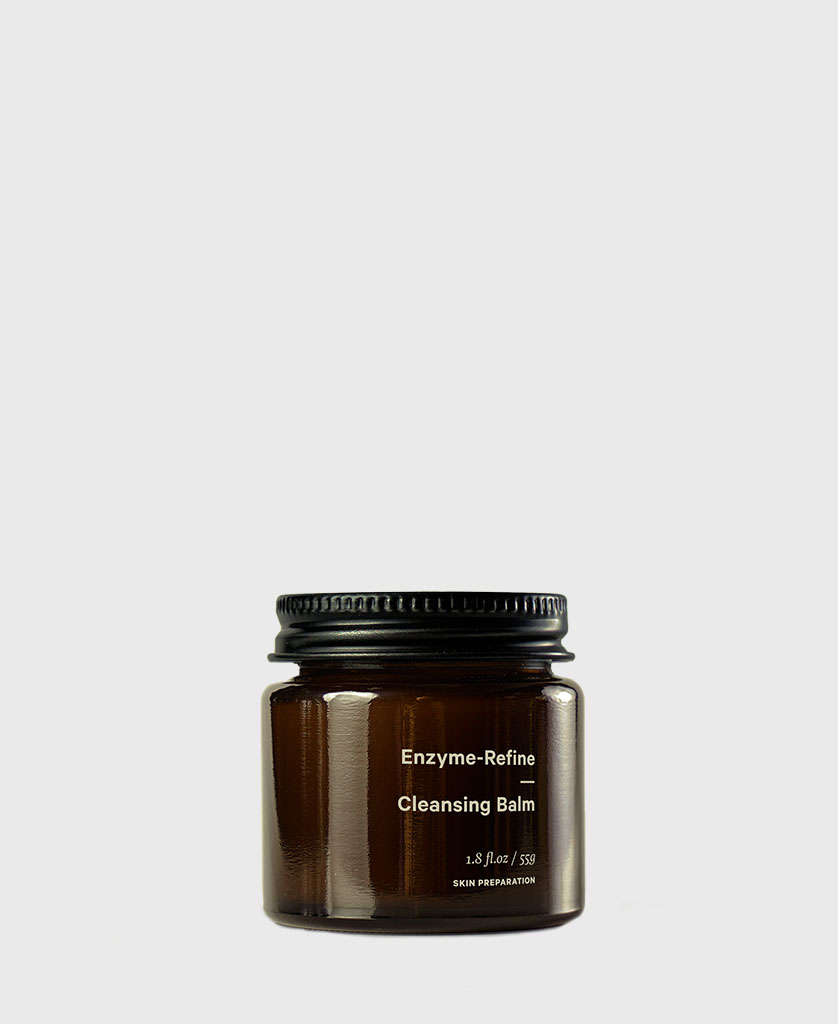
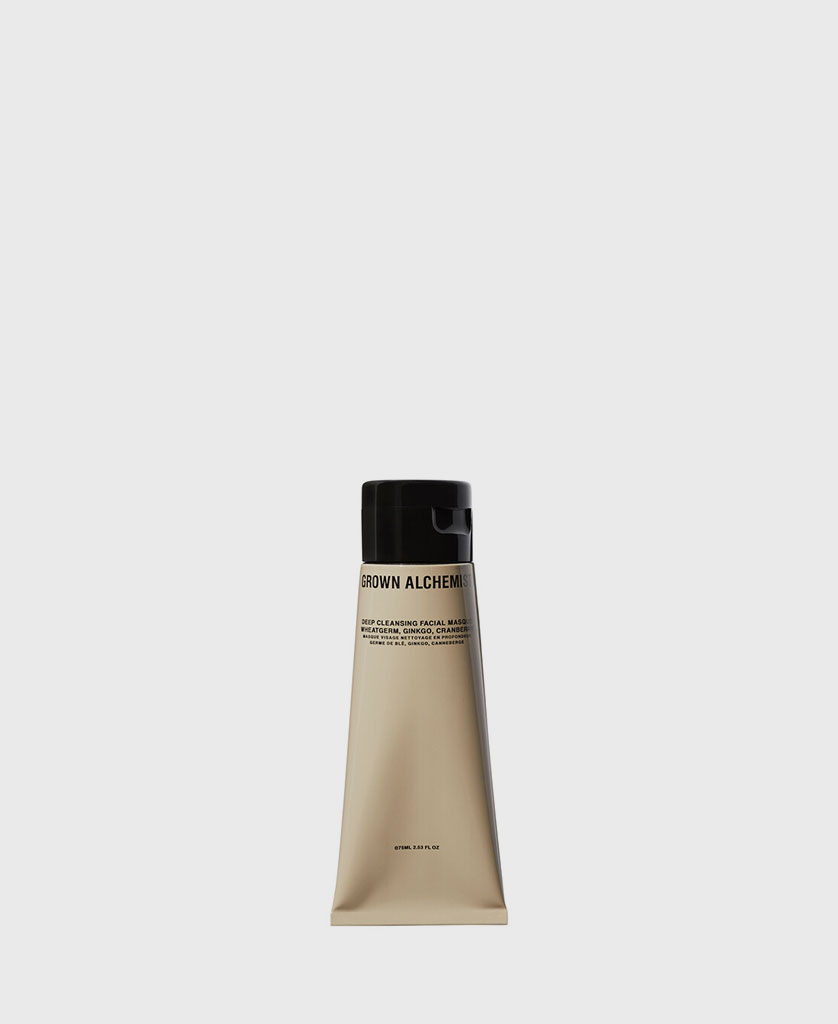
Hydration and Nourishment
Enzymes are more than cleansing and exfoliating. Some enzymes help your skin retain moisture and absorb essential nutrients. Hyaluronidase, for example, aids in the absorption of hyaluronic acid, a powerful moisturizing ingredient. Enzyme-infused skincare products can lock in hydration, leaving your skin plump and juicy.
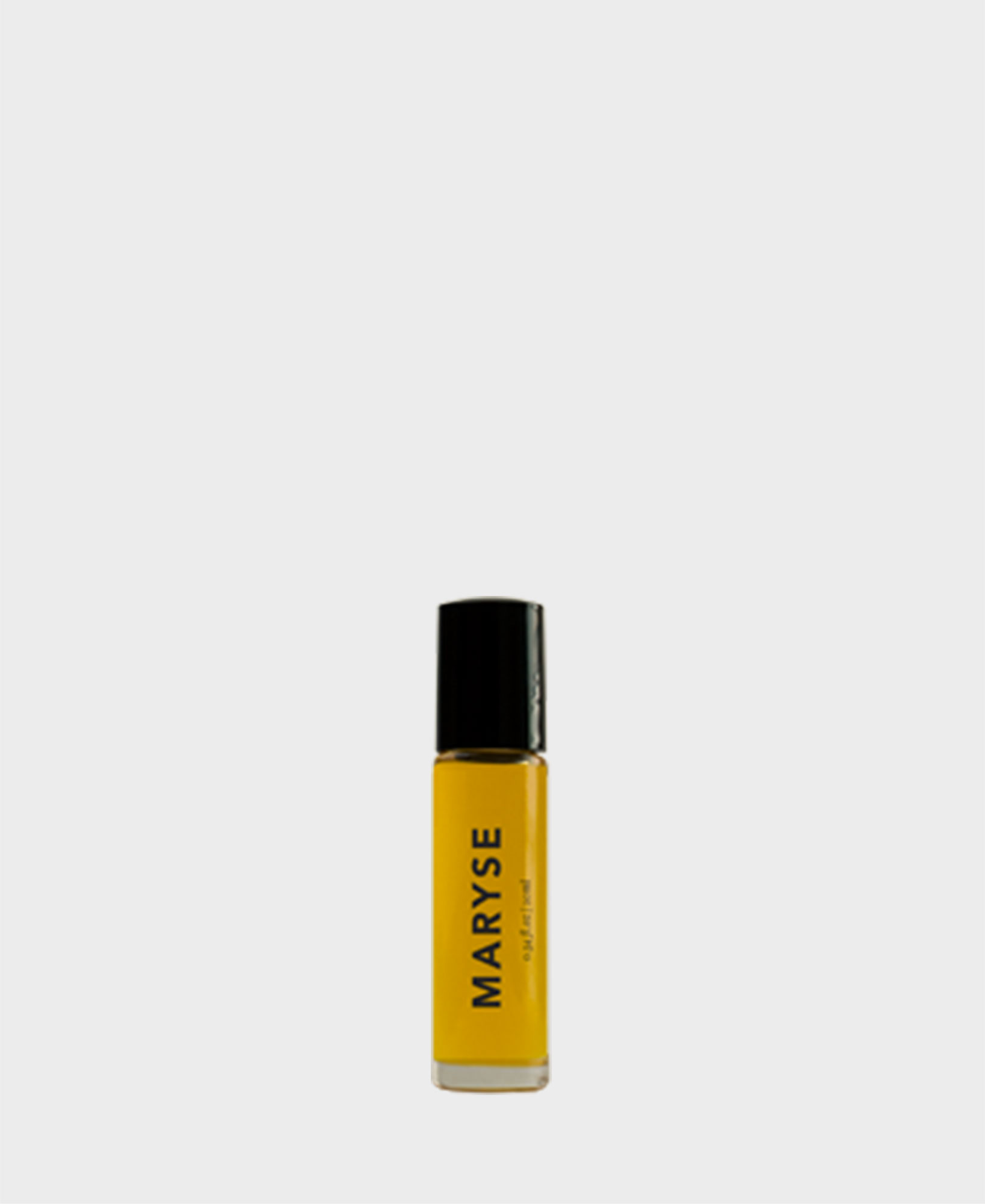
Beauty products are constantly evolving, and enzymes have emerged as a revolutionary ingredient category in both skincare and haircare. Their ability to address a wide range of concerns while remaining gentle and natural makes them a standout choice for those seeking holistic and effective solutions.
